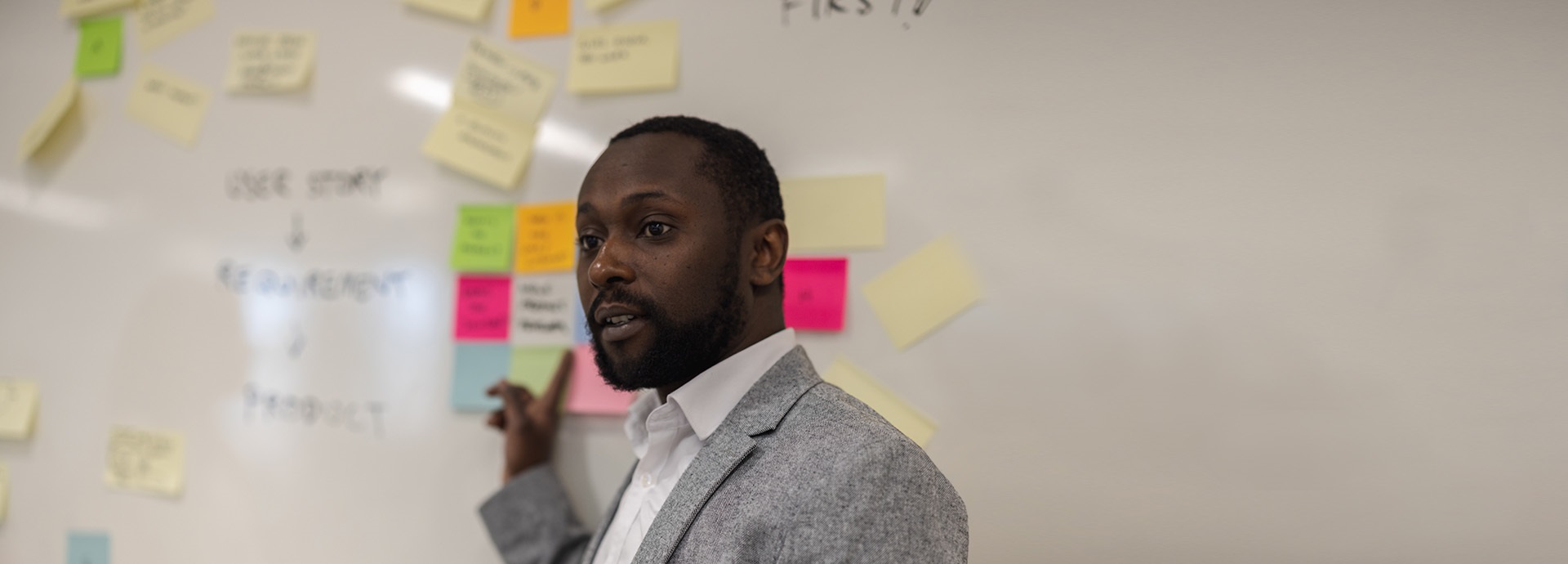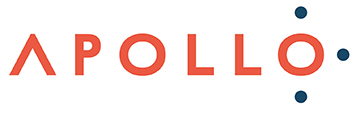

Powerful partnerships for decarbonisation
Decarbonisation of shipping is a requirement, but it also represents opportunities for the marine business. Ship owners who develop a holistic decarbonisation strategy for the whole fleet and pick the right technology can reach their operational decarbonisation targets. This, in turn, will help them with financial backing and with outpacing the competition.
The shipping industry also needs to optimise the complete logistics chain and thus build the framework for decarbonisation. Collaboration, knowledge sharing, and a wide variety of partnerships are needed.
The following are just a few examples of Wärtsilä’s partnerships and R&D collaboration projects.

Zero Emission Marine
Zero Emission Marine (ZEM) is a four-year ecosystem project led by Wärtsilä. The project aims to create an economically compelling zero-emission marine ecosystem driving sustainable technology solutions and services.
Its goal is to reach 60% greenhouse gas (GHG) reduction in the maritime by 2030. In addition, all the Wärtsilä Veturi ecosystem products will be carbon-neutral or carbon-negative by 2050.

Apollo
The Apollo project aims to revolutionize shipping by demonstrating the use of a dual-fuel ammonia engine in a platform supply vessel. This innovative approach is expected to reduce CO2 emissions by 70% or more. The project is funded by the EU and focuses on fast-tracking the adoption of ammonia as a sustainable fuel in the maritime industry.
The project objectives include for example:
- Successful large-scale demonstration of the use of dual-fuel ICE (ammonia-based) in an existing vessel
- Complete first classification under DNV “Gas fuelled, Ammonia”
- 70% reduction of CO2 emissions and NOx emissions below 2.4 g/kWh from vessel
operations
The Apollo project benefits from the large experience of the consortium, including Wärtsilä, ship owners and operators, end-users, ship designers and safety experts.
The project results will be deployed in the Eidesvik vessel Viking Energy, and its operation will be demonstrated in live operations for Equinor in the North Sea.

This project has received funding from the European Union’s Horizon programme under grant agreement No. 101096299.

SeaTech
SeaTech is an EU-funded project where Wärtsilä Finland leads the development of an advanced dual fuel engine.
The project objective is to develop two symbiotic ship engine and propulsion innovations which will deliver 30% better fuel efficiency and radical emission reductions.

This project has received funding from the European Union's Horizon 2020 research and innovation programme under grant agreement No 857840.

ZES
ZES - Zero Emission Services offers a new energy system to make inland shipping more sustainable: a complete product and services package for emission-free sailing based on exchangeable battery containers with green electricity, charging stations, technical support, and an innovative payment concept for barge owners. Wärtsilä is one of the ZES shareholders.
The goal of ZES is to make more sustainable inland shipping possible with a new, clean and affordable transport system.

ZEEDS
Wärtsilä is one of the core partners in the ZEEDS initiative, which envisions making zero emissions fuels available to the shipping industry.
The work in the ZEEDS initiative is organized into four themes:
- Conversion of vessel to Green ammonia propulsion
- Green ammonia bunkering vessel
- Offshore HUB production unit for hydrogen/ammonia
- Green Ammonia onshore supply chain.
Mærsk Mc-Kinney Møller Center for Zero Carbon Shipping
Wärtsilä is Mission Ambassador at the Mærsk Mc-Kinney Møller Center for Zero Carbon Shipping. In this role, we open for collaboration between not only maritime stakeholders, but also fuel providers, universities, and governments.

Wärtsilä worked as a project partner in the NoGAPS project with the Mærsk Mc-Kinney Møller Center for Zero Carbon Shipping. The project goal was to develop a Nordic-based concept for an ammonia-powered gas carrier vessel. The ship would both transport ammonia as cargo and utilise ammonia as a zero-emissions fuel.
The work continues in the follow-up NoGAPS 2 project whose objective is to develop the ship design for this vessel.
Demo2000 project – full-scale testing of ammonia as a fuel
The Demo2000 project was launched in 2020 with the goal to demonstrate ammonia combustion in a full-scale environment.
Full-scale environment included
- Wärtsilä internal combustion engine converted to run on ammonia
- Design, construction, and commissioning of storage and supply of several fuels
- Design, construction, and commissioning of the necessary safety system.
What have the results been? Learn more on the Demo2000 project – success in collaboration page.

Exceeding expectations
Wärtsilä and Carnival Corporation carried out a joint pilot project to reduce plastic materials being used in marine operations. The project was carried out on two Carnival Cruise Line vessels, the Carnival Splendor and the Carnival Freedom. It involved the use of smarter packaging material for spare parts, primarily using recycled paper packaging materials instead of plastic.
As a result of this pilot, Wärtsilä Global Logistics Services will be changing its spare part packaging and achieve a reduction of approximately 40 percent in the amount of plastic used.

Green Ray
Green Ray is a project for minimising methane slip from LNG vessels and reducing the environmental impact of maritime transport. Its objective is to develop three technologies to install on LNG engines of both existing and new ships.
Coordinated by VTT Technical Research Centre of Finland, the Green Ray project brings together several companies from across the shipping value chain: shipyard Chantiers de l’Atlantique, ship owner CMA CGA, classification society DNV GL, the Finnish Meteorological Institute, ship manager MSC Cruises Management, non-profit organisation Revolve Water, energy major Shell, and Wärtsilä.

Co-funded by the European Union

ShipFC
The ShipFC project aims to install the world's first ammonia-powered fuel cell onboard a converted offshore vessel.
Wärtsilä will develop and deliver all electronic equipment, all control equipment, and systems for storing and distributing ammonia on board.
Success in the TrAM project
The EU-funded TrAM project succeeded in its goal – to develop a zero emission fast going passenger vessel through advanced modular production.
The pilot vessel is MS Medstraum, the world’s first battery-only high-speed craft that operates on a commuter route in Norway. It was recognized in the SMM 2022 as Ship of the Year.

For MS Medstraum, Wärtsilä delivered its PMS/EMS control system, propulsion motors, power converters, batteries, onboard and shore-based battery charging equipment, and various electrical systems.
Another great success in the project was the development of concepts for advanced modular production. These are expected to reduce engineering costs by 70% and production costs by 25%.

Getting to Zero Coalition
Getting to Zero Coalition is an initiative led by Global Maritime Forum. Its goal is to accelerate maritime decarbonization by developing and deploying commercially viable deep sea zero emission vessels by 2030.
The Coalition is a powerful alliance of more than 200 companies in the maritime, energy, infrastructure, and finance sectors, supported by key governments and IGOs.

Blue Sky Maritime Coalition
Blue Sky Maritime Coalition Members recognize the need to address global climate change. They are committed to accelerating the transition of waterborne transportation in Canada and the United States toward net-zero greenhouse gas (GHG) emissions. Wärtsilä is one of the 50 founding members.

Zero-Emission Waterborne Transport
Zero-Emission Waterborne Transport is a partnership in the framework of Horizon Europe.
The goal of the Zero-Emission Waterborne Transport Partnership is to provide and demonstrate zero-emission solutions for all main ship types and services before 2030, which will enable zero-emission waterborne transport before 2050.

Green Shipping Program
The goal of the Green Shipping Programme in Norway is to establish the world’s most efficient and environmentally friendly shipping. More specifically, the goals are to achieve cost-effective emission reductions, economic growth, sustainable logistics solutions, increased competitiveness, and new jobs.
Authorities and businesses participate in the program and collaborate on how to achieve these goals together.


